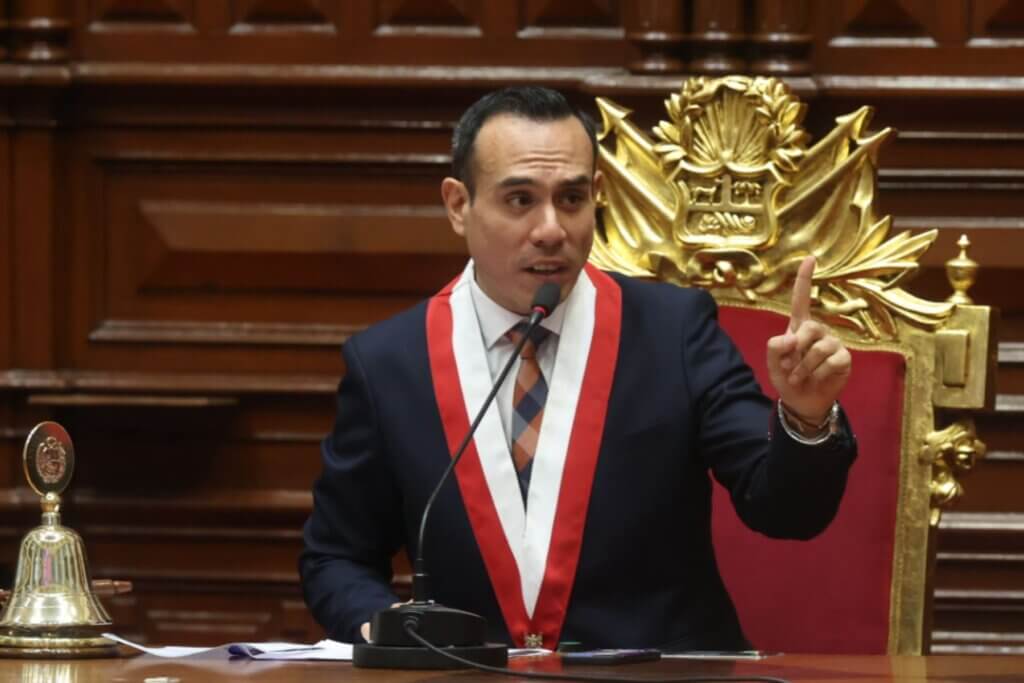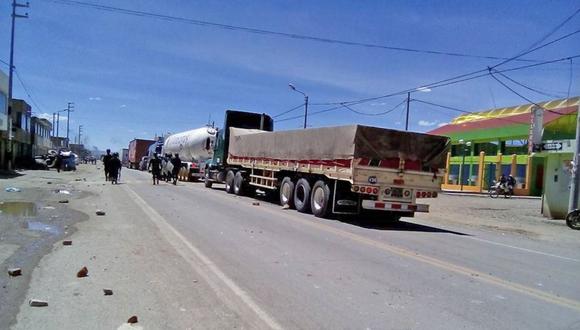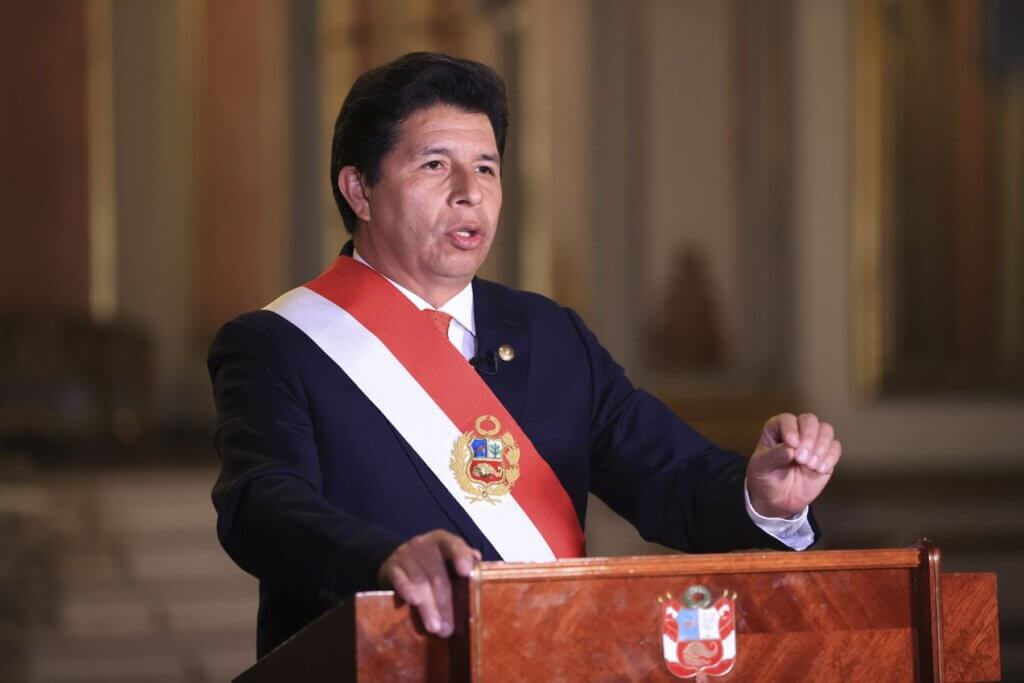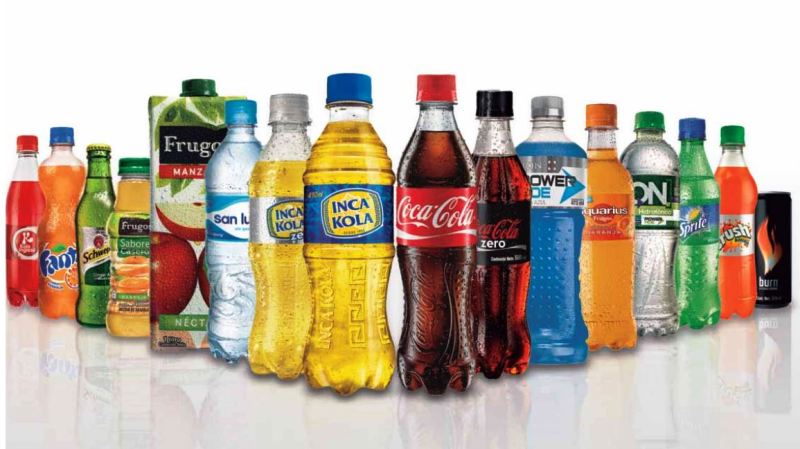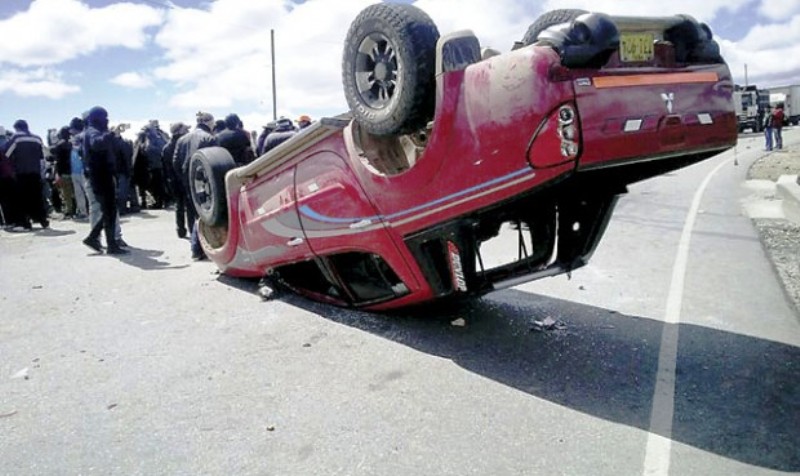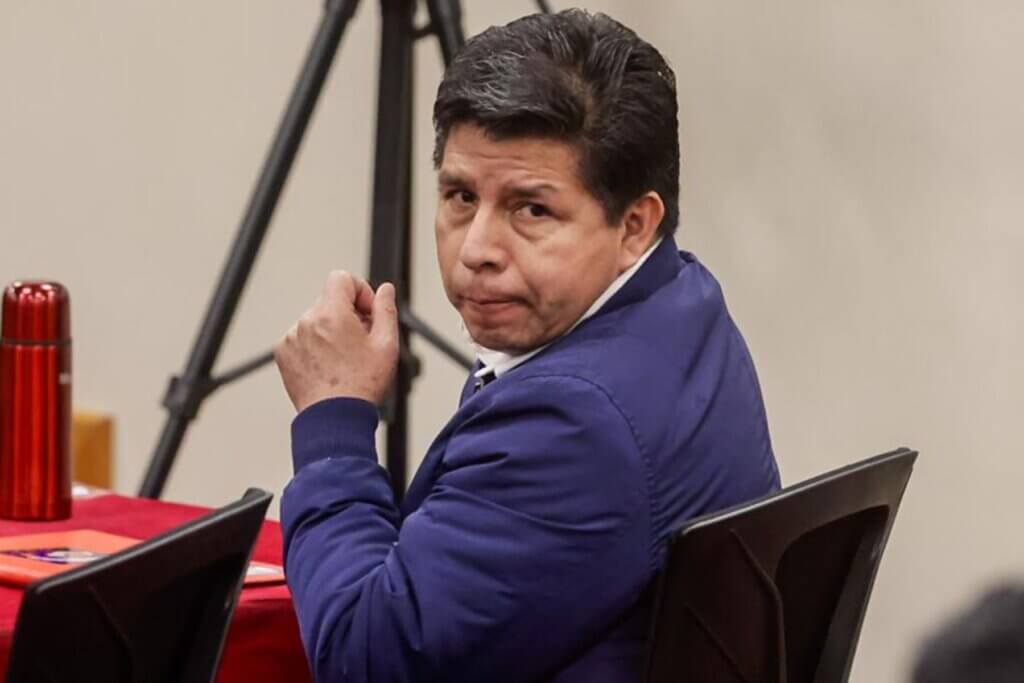Truckers are protesting across Peru in an effort to force the government to provide economic relief to a shipping sector hard-hit by the most expensive fuel prices in Latin America. This is the second such protest in three months.
Since Monday, several transport unions have been striking after negotiators from the unions and the government failed to reach an agreement on fuel and toll costs.
“As long as a Supreme Decree is not signed or Congress does not approve a law, the strike will not be lifted. Our situation is critical, we are close to bankruptcy,” Javier Marchese, president of the National Union of Heavy Cargo Carriers (UNT), said on June 24 ahead of the strikes.
Union organizers are calling for the government to reclassify the delivery of goods as a public service and eliminate fuel tax for carriers. They’re also demanding lower diesel prices and the renegotiation of toll fares.
According to local media, blockades have been reported on highways in Arequipa, San Martín and Cajamarca in an attempt to halt commerce in the regions. The Peruvian government has declared a state of emergency, giving security forces control over the roads amid protests. Thus far there have been no reports of significant violence or disturbances.
In anticipation of the protests, the Lima Chamber of Commerce (CCL) warned that a carrier strike would generate an economic loss of USD $18 million per day in agro-export products and USD $2 million in fishery products.
With no resolution in sight, more protests have been planned for next week.
Speaking to RPP, Ricardo Pareja, president of the Chamber of Urban Transport (CTU), said that 16,000 truckers in the urban hubs of Lima and Callao will join the protest on Monday, July 4.
“I am speaking at the level of Lima and Callao, I also understand that in many regions, both in Cusco, Arequipa, Lambayeque and Piura, each one is carrying out their activity, but at the level of Lima and Callao there are 16,000 vehicles that will stop providing service,” said Mr. Pareja.
Facing 8% inflation — the highest inflation in over 24 years — the Peruvian government has reported that incremental measures have been taken to combat rising fuel costs, and President Pedro Castillo has blamed outside factors for the rise in cost of essential goods in the country.
Speaking to a group of social organizations on Tuesday, the President said, “The cost of chicken, the cost of bread, the cost of staple foods, as well as the lack of fertilizers, are not the fault of this Government; they are not the fault of this regime; they are also due to the problem of the war between Russia and Ukraine.”
Peru experienced similar protests in April when truckers also blockaded roads to protest high fuel prices and toll fares. Peru’s transport union lifted the strike after reaching an agreement with the government, which promised, among other things, to temporarily exempt gasoline taxes or review toll concessions.
During those protests, violence was reported in various regions, leaving four people dead and dozens arrested.



